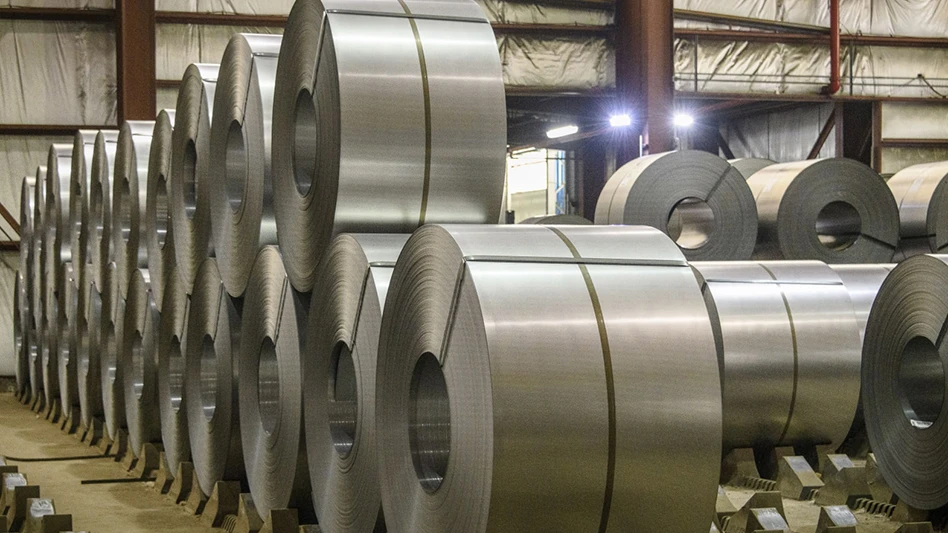A Massachusetts company has sold two licenses for a system that converts waste wood into activated carbon, a coal-like material used for filtration purposes.
Jim McElvenny, president of Strategic Technologies, Beverly, Mass., believes the system can provide a viable opportunity for wood recyclers within an existing value-added end market.
The current value of activated carbon, says McElvenny, is in the range of 50 cents to 75 cents per pound. Waste water treatment plants, pulp and paper mills and other production facilities that filter dirty air and water use the material, he notes.
Activated carbon currently consumed uses coconut shells imported from nations such as Sri Lanka as a primary ingredient, with three companies dominating the market, McElvenny says.
With the Strategic Technologies system, waste wood can be converted into either activated carbon or into coal, which presents a larger market, but is currently selling at only one or two cents per pound. The two license purchasers are targeting the activated carbon market, he says.
McElvenny has been researching the process for the last two years, and has been studying ways to convert waste wood into a desirable product for 12 years. The Activated Carbon Conversion System allows wood recyclers to turn every six pounds of waste wood into roughly four pounds of marketable activated carbon or coal. Additionally, molten lead is separated during the process and poured into lead bouillon forms.
McElvenny, who has a patent pending on the system, calls it “a great method to commercially justify recycling construction and demolition materials.”
PROJECT PUTS CARPET BACK UNDER FOOT
A carpet reuse program is being launched this fall in Toronto. Project Magic Carpet identifies business and government sites that are about to change or upgrade their carpet tile and works with them to take possession of clean and useful material.
Instead of paying tipping fees to landfill the material, Project Magic Carpet asks companies to pay the value of the tipping fee to charity. A tax receipt is provided. Magic Carpet then offers the used but still reusable materials to community agencies and not-for-profit organizations at a fraction of the original cost. Proceeds from the project support the Greater Toronto Community Clearinghouse, a charity that helps the homeless, and The Learning Support Council of Canada, a charity that distributes used computers to schools, community agencies and low-income families.

Explore the November 1999 Issue
Check out more from this issue and find your next story to read.
Latest from Recycling Today
- Fitch Ratings sees reasons for steel optimism in 2025
- P+PB adds new board members
- BlueScope, BHP & Rio Tinto select site for electric smelting furnace pilot plant
- Magnomer joins Canada Plastics Pact
- Out of touch with reality
- Electra names new CFO
- WM of Pennsylvania awarded RNG vehicle funding
- Nucor receives West Virginia funding assist





